The shortage of drugs and medical supplies still occurs locally in some hospitals, causing public opinion to question: Is the cause only due to bidding?
Lack of medicine, cotton swabs, IV needles
Despite much improvement, the shortage of drugs and medical supplies still occurs locally at some public health facilities. The press reports that many cancer chemotherapy patients who come to the hospital still have to buy IV lines and needles.
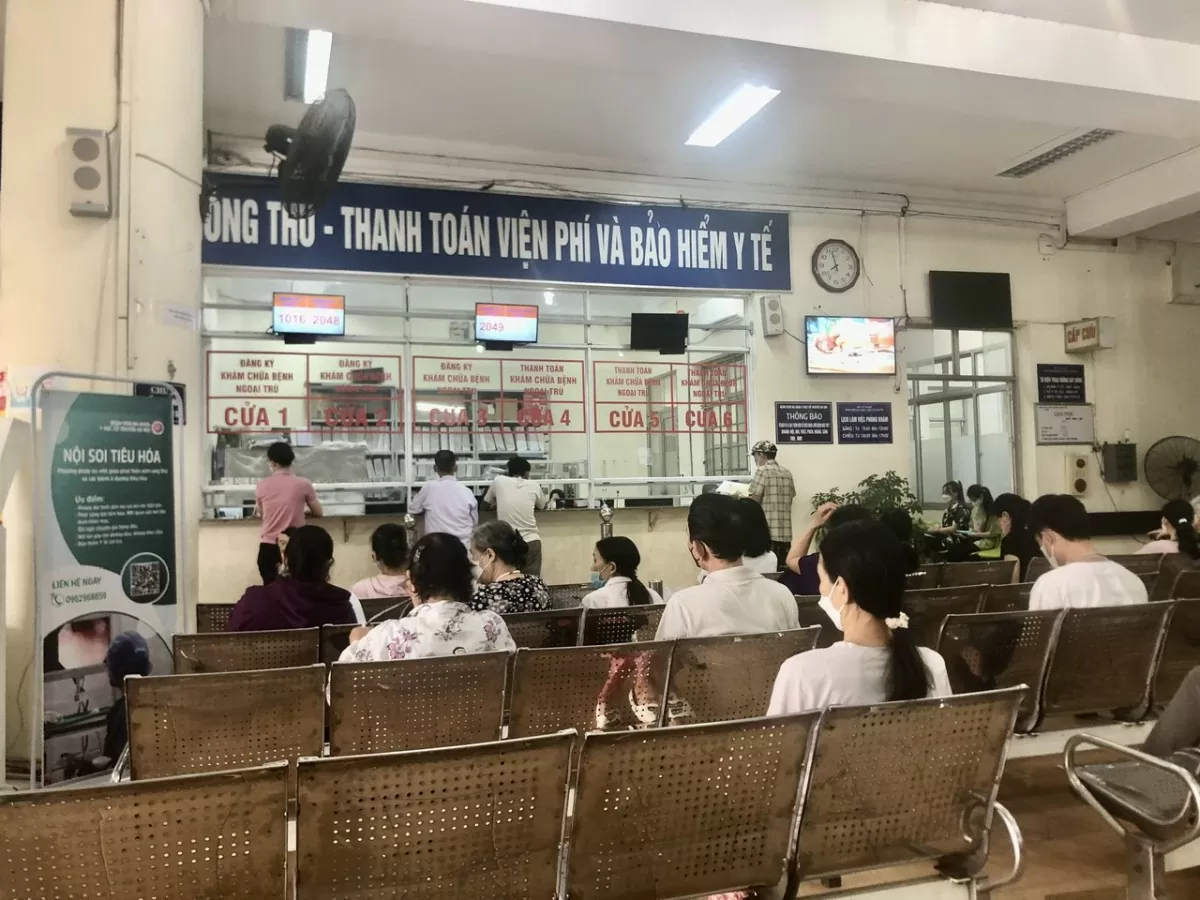 |
| Many patients with health insurance cards still have to buy medicine and medical supplies outside. Photo: TT |
There were even cases during surgery where, despite having a health insurance card, the doctor required the family to buy bandages outside. According to the patient's family, each medical supply only cost a few thousand to a few tens of thousands, but having the patient buy it themselves caused a lot of trouble.
Regarding the issue of patients having to buy their own medicine, representatives of some hospitals also admitted that there are still some problems in purchasing medicine and supplies. Some hospitals still have some supplies that have not been awarded the bid.
The Ministry of Health's recent press release included the opinion of Mr. Hoang Cuong - Deputy Director of the Department of Planning and Finance (Ministry of Health) - stating that recently, the Ministry of Health has continuously organized training conferences to disseminate new legal regulations on direct and online bidding to each medical facility. In addition, the Ministry of Health has also worked directly with a number of local medical facilities to provide direct guidance.
Through inspection and review, the Ministry of Health found that there was a shortage of drugs and medical supplies in some hospitals, due to the delay in applying the new Bidding Law in early 2024. Some bidding packages had inappropriate regulations, leading to the failure to select contractors and the bidding had to be canceled and re-bid.
“ Basically, the main problems from the medical facilities during the implementation process are due to the lack of a unified understanding. Some localities have issued regulations on complete decentralization for medical facilities and hospitals to decide on procurement, but some localities have only moderate decentralization. This is one of the reasons for the prolonged procurement time because it has to go through intermediate approval and appraisal steps ,” said Mr. Cuong; at the same time, he added that the problems arising since the legal document on bidding was issued are not the main cause. The evidence is that many localities and hospitals have bid and encountered no problems. However, some other hospitals have encountered problems.
According to Mr. Cuong, the difficulties of localities mainly revolve around the following contents: Appraisal and approval procedures in some localities are still complicated; some localities have not yet completely decentralized the decision-making process for hospitals; the collection of quotations and information to determine the bidding package price is still not uniformly understood, such as determining the bidding package price based on the highest, lowest or average quotation; difficulties in approving the budget estimate for procurement; assessing the origin of goods stated by contractors in the bidding documents; some hospitals have not boldly decided to purchase for 2-3 years instead of just bidding annually as before...
Is it possible to pay for patients to buy medicine outside?
Faced with the reality of a prolonged shortage of drugs and medical supplies, the Ministry of Health has recently made many proposals and developed policies to ensure the rights of patients. In particular, Circular 22/2024/TT-BYT regulating the direct payment of drug and medical equipment costs for people with health insurance cards is considered one of the temporary solutions to address the shortage of drugs and supplies.
However, if based on the conditions, criteria and rates for payment, it is not easy for patients to implement. The Circular of the Ministry of Health clearly states that at the time of prescribing drugs and indicating the use of medical equipment, the following conditions must be ensured:
Firstly , there are no drugs or medical equipment because the contractor selection process is in progress according to the approved contractor selection plan; at the same time, at the medical examination and treatment facility, there are no commercial drugs containing the active ingredient that the patient is prescribed or the same active ingredient but with different concentrations or contents or dosage forms or routes of administration and cannot be replaced for prescribing to the patient; there is no medical equipment that the patient is prescribed to use and there is no medical equipment to replace it.
Second , do not transfer the patient to another medical examination and treatment facility in one of the following cases: The patient's health condition or illness is determined to be ineligible for transfer; the medical examination and treatment facility where the patient is being examined and treated is under medical isolation according to regulations of the law on prevention and control of infectious diseases; the medical examination and treatment facility where the patient is being examined and treated is a specialized medical examination and treatment facility.
Third , it is not possible to transfer drugs and medical equipment between medical examination and treatment facilities according to the provisions of law.
Fourth , prescribed and indicated drugs and medical equipment must be consistent with the professional scope of the medical examination and treatment facility and have been covered by health insurance at one of the medical examination and treatment facilities nationwide.
Fifth , prescribed and indicated drugs and medical equipment must be within the scope of benefits of health insurance participants.
Even people in the industry have to exclaim that making payments is not easy, because not any type of medicine purchased outside can be invoiced for health insurance to pay, but it must be a health insurance medicine necessary for treatment, being used in the hospital, now for some objective reason it is out of stock, the hospital also does not have other medicine to replace it, temporarily the patient has to pay for it themselves.
Next, we must verify whether the disease really requires this medicine, whether the hospital has run out of this medicine and there is no equivalent medicine to replace it? Verify the bills, see if the price of the medicine is within the reasonable price range? While each hospital has a different medicine status, where do we get the human resources to verify whether all those prescriptions are reasonable or not?... With such complications, is health insurance really meaningful in the context that the rate of people participating in health insurance now covers more than 93% of the population?
The Ministry of Health said that the Government has assigned the Ministry of Health to continue reviewing and proposing amendments to the content in the implementation process that is still problematic or not suitable to reality. In particular, the Prime Minister also assigned the Ministry of Health to preside over the development of a handbook on the procedures for implementing bidding for hospitals to refer to and apply.
“ We are implementing this task. In the near future, based on research and synthesis of difficulties of hospitals, we will issue a handbook, in the spirit of hand-holding. Hospitals can refer to it to carry out bidding and procurement. Avoid shirking responsibility, evading responsibility, and pushing one's tasks to superiors ," said Mr. Cuong.
Source: https://congthuong.vn/benh-vien-van-thieu-thuoc-vat-tu-y-te-cuc-bo-loi-co-phai-chi-o-cong-tac-dau-thau-355662.html


![[Photo] Visiting Cu Chi Tunnels - a heroic underground feat](https://vstatic.vietnam.vn/vietnam/resource/IMAGE/2025/4/8/06cb489403514b878768dd7262daba0b)





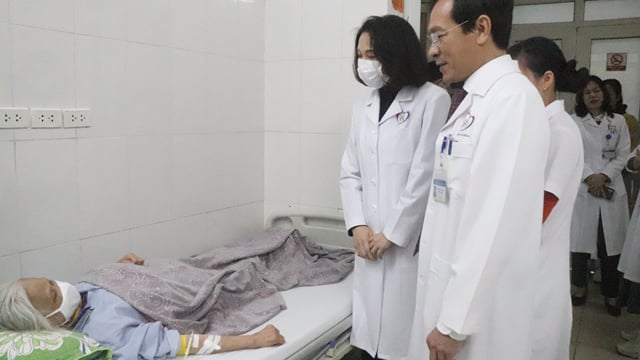


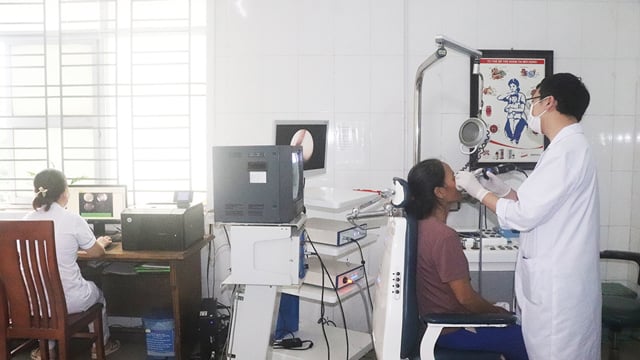
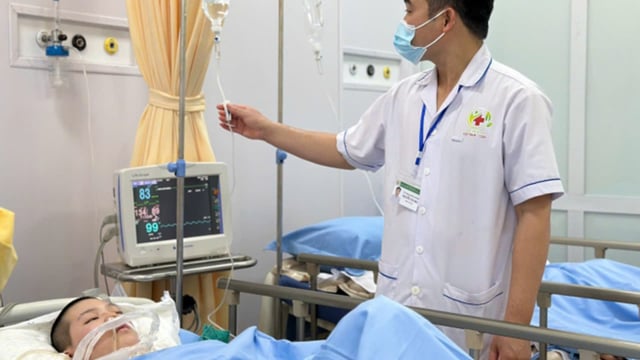


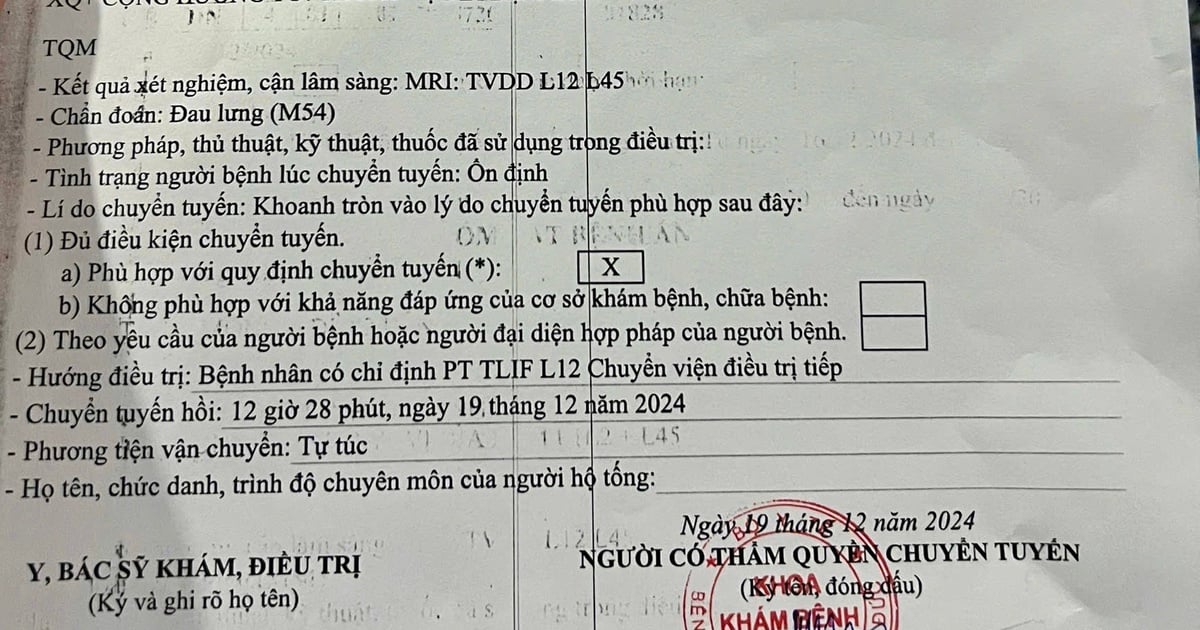



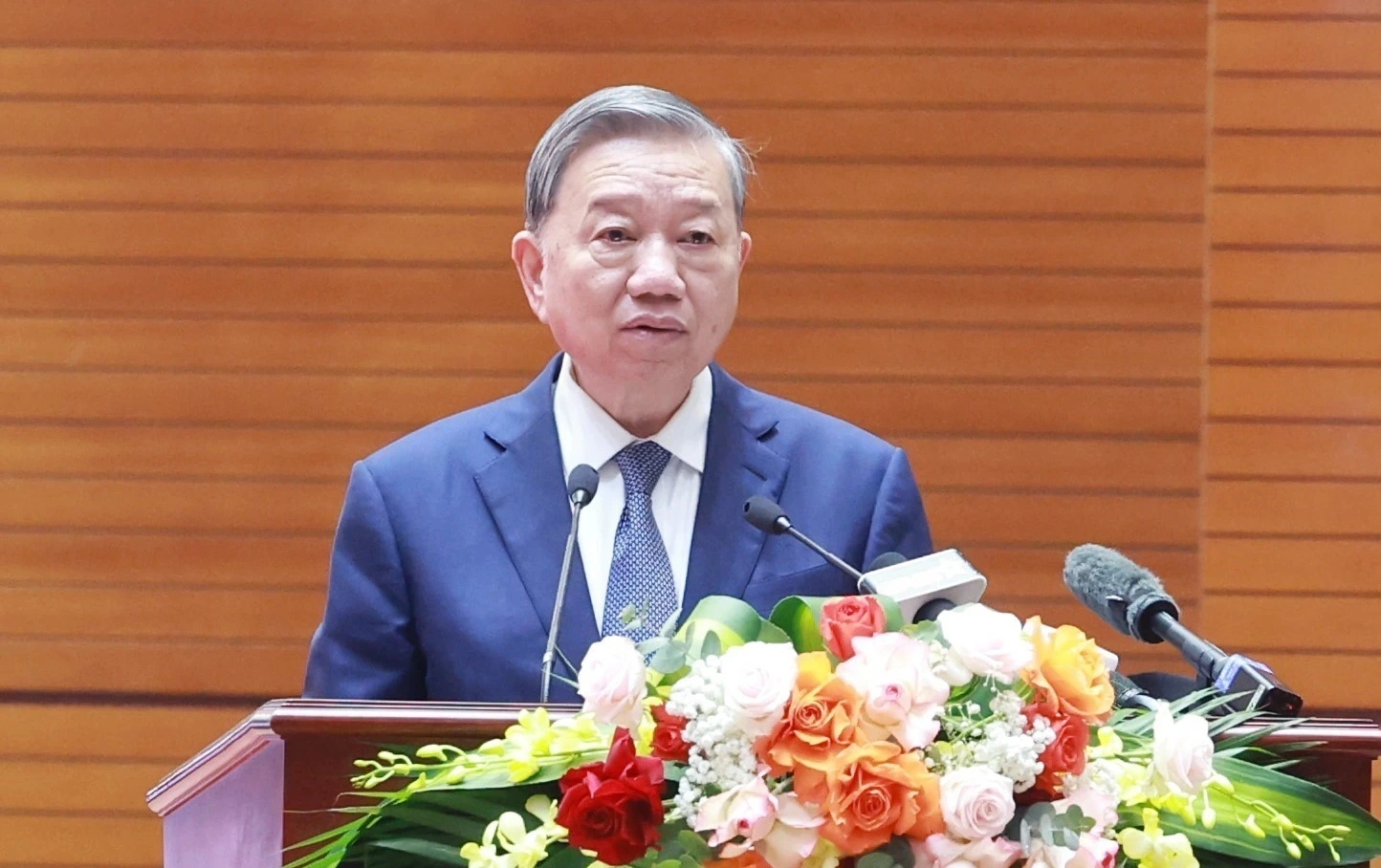
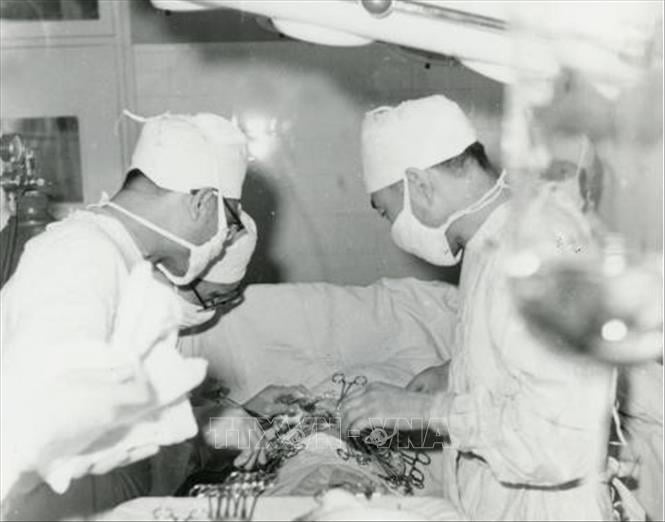

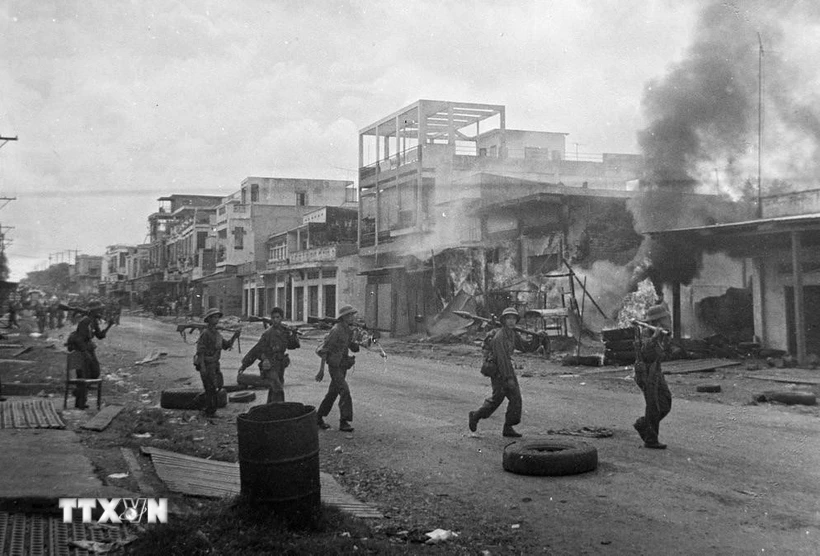




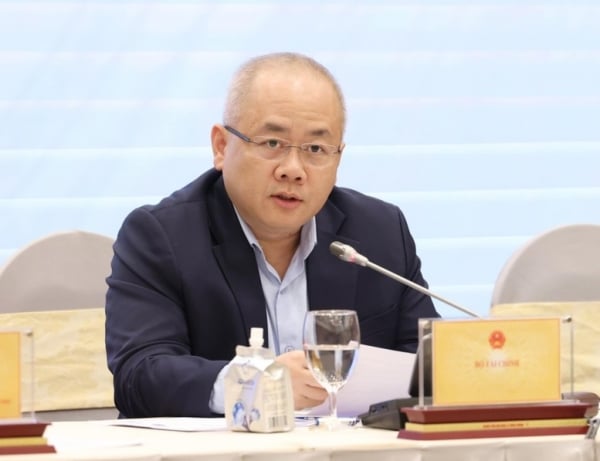

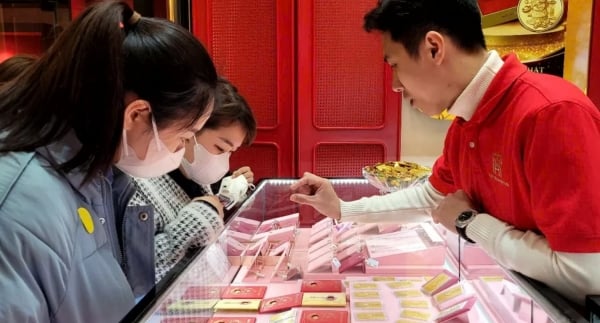


































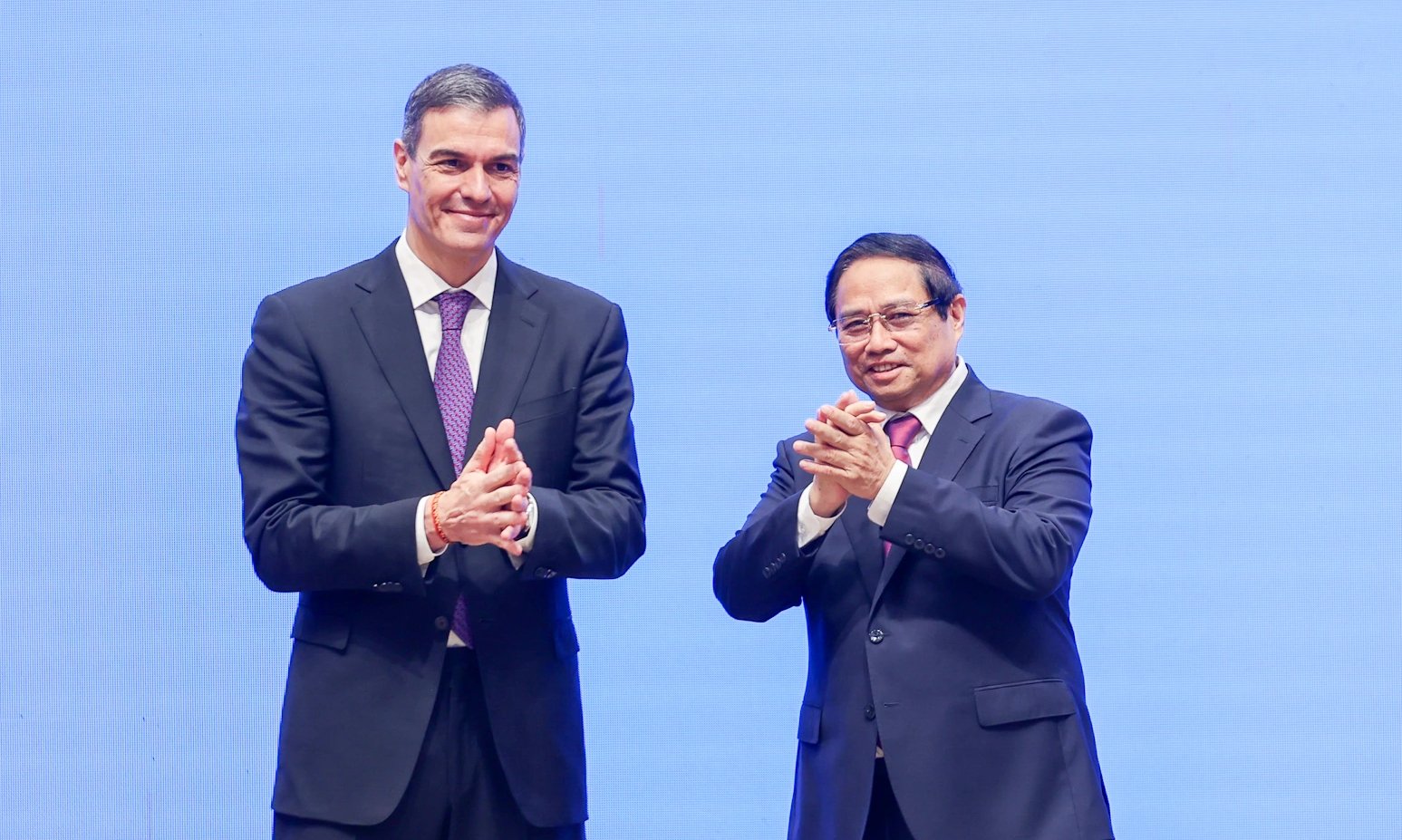
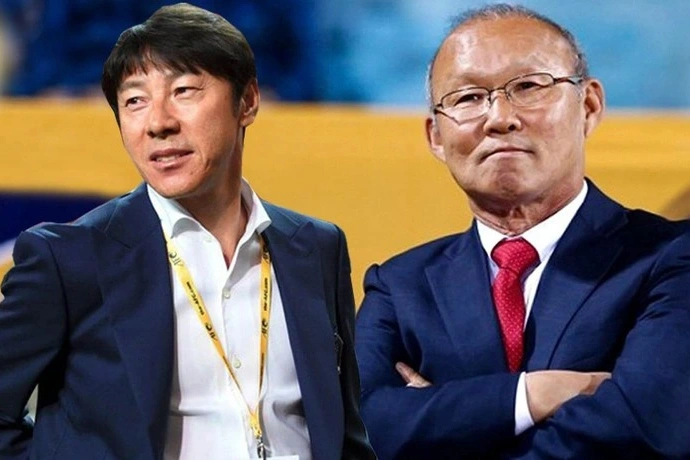


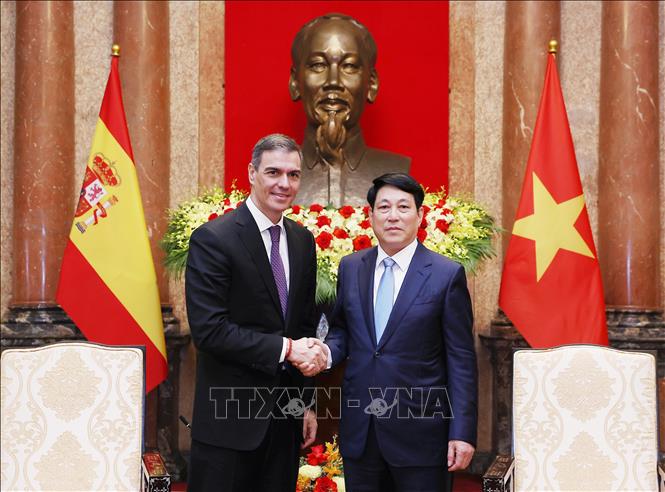











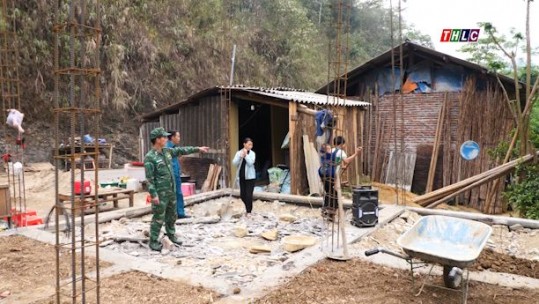

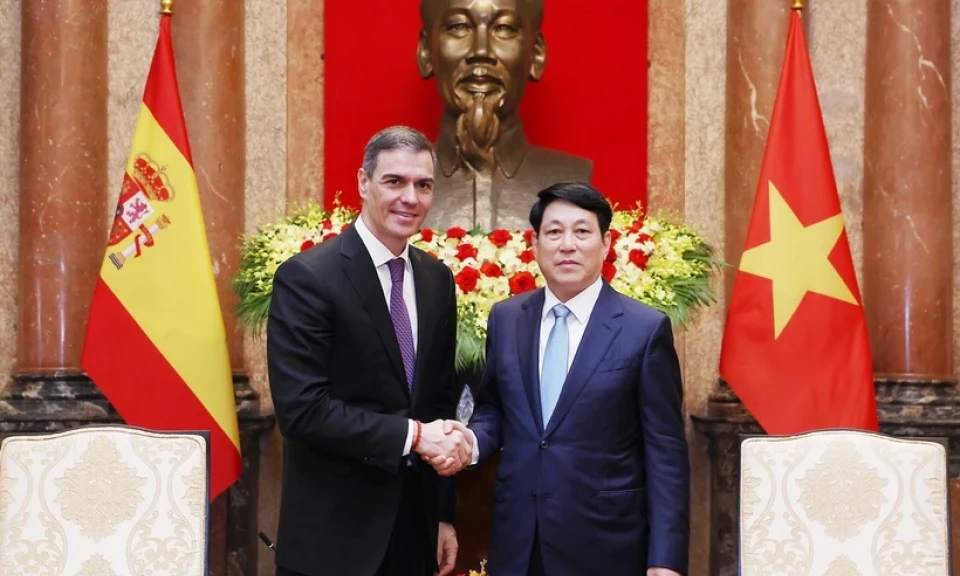








Comment (0)